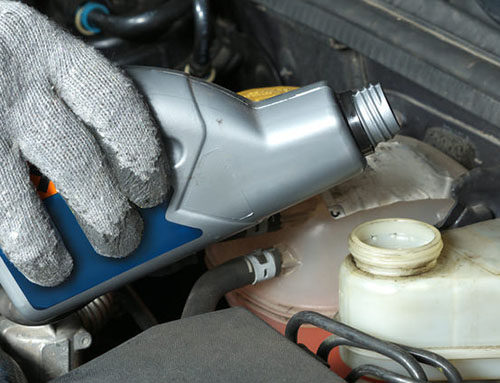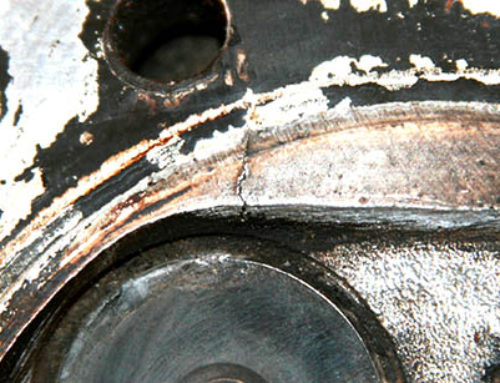Have you ever been driving around Pasadena and suddenly almost gotten into an accident because of an inattentive or negligent driver? Some people might get angry and start yelling, honking, cursing, or try to cut the other driver off, but in a frustrating situation on the road it is important to remember to stay calm. The number of deaths related to road rage is difficult to track, but the National Highway Traffic Safety Administration (NHTSA) estimates that aggressive driving accounts for about one-third of all crashes and about two-thirds of the resulting fatalities.
Increasing traffic is a growing source of driver frustration, but studies suggest the real root of aggressive driving lies within each of us. Here are some tips that can help you avoid acting out with road rage:
- Stay calm. According to the American Psychological Association, People with bad tempers are almost three times more likely to have a heart attack than those with low anger. Other health risks in those who display hostility include obesity, depression and stroke. Not only will giving into anger not resolve an irritating situation, it can increase the risk of retaliation. Think to yourself, “Is making my point worth endangering my life?” You never know if the other driver is in an even worse mood than you, or is carrying a weapon. Even if they don’t have a gun, some drivers aren’t afraid to use their vehicle as a weapon, which will mean an insurance nightmare, especially if they’re uninsured or flee the scene.
- Plan ahead. If you add 10 minutes to your expected travel time, you’ll have time to stop for gas, safely navigate Pasadena rush hour traffic, or detour around road construction. Extra time equals calmer driving.
- Loosen up, then breathe:If you notice yourself clenching the steering wheel in a death grip, try flexing your fingers and loosening your hold — you’ll find that you can control the car just as well. If your right foot is cramped, set the cruise control if traffic allows. If you’re on a prolonged road trip, try not to exceed three hours of travel time without a break where you get out and stretch. Struggling to see through a dirty windshield is also an unnecessary stress factor, so fill up with washer fluid before you go. Periodically roll down the window and breathe deeply and slowly.
- Make sure that you are well-rested before you drive. We all know how cranky we can get without enough sleep. It makes us prone to feeling annoyance, resentment, and even anger. Besides the danger of falling asleep at the wheel, being tired and in a bad mood can make you more likely to drive aggressively and get road rage.
- Don’t be so selfish. Maybe another driver cut you off or the car in front of you is driving erratically. Before you assume the driver is purposely messing with you, realize that you, as an individual, are not the target. Maybe the driver simply made a mistake or is oblivious to his bad driving. Maybe there’s a screaming baby, a loose pet, or a crazed bee in the car. Maybe he was on a cell phone. Even if you can see him giving you the finger or yelling at you, the best solution is to stay calm and try to distance yourself from the other car instead of driving aggressively in return and trying to get him to ‘back off’.3. Your car is not a therapist. If your boss or your spouse left you furious, take care not to use driving as a way to blow off steam.
- Your car is not a therapist. If your boss or your spouse left you furious, take care not to use driving as a way to blow off steam.
- Be a courteous driver. Remembering simple courtesies, like allowing someone to merge in front of us or apologizing when we make a mistake, can go a long way in making the driving experience positive for ourselves and others. Treat fellow drivers how you would like to be treated. Reducing your aggressiveness on the road can also keep you out of serious trouble. If a police officer sees you driving aggressively and doesn’t see what caused it, they won’t care if the other driver cut you off first – you’re probably going to be the one to get a ticket. Repeat offenses can result in license suspension or even jail time, depending on the severity of the offense.
We’re all bound to get angry at another driver at some point, but by planning ahead and keeping things in perspective, we can prevent our emotions from getting the best of us. Putting a stop to aggressive driving habits will help to ensure your own safety, as well as the safety of everyone around you.







